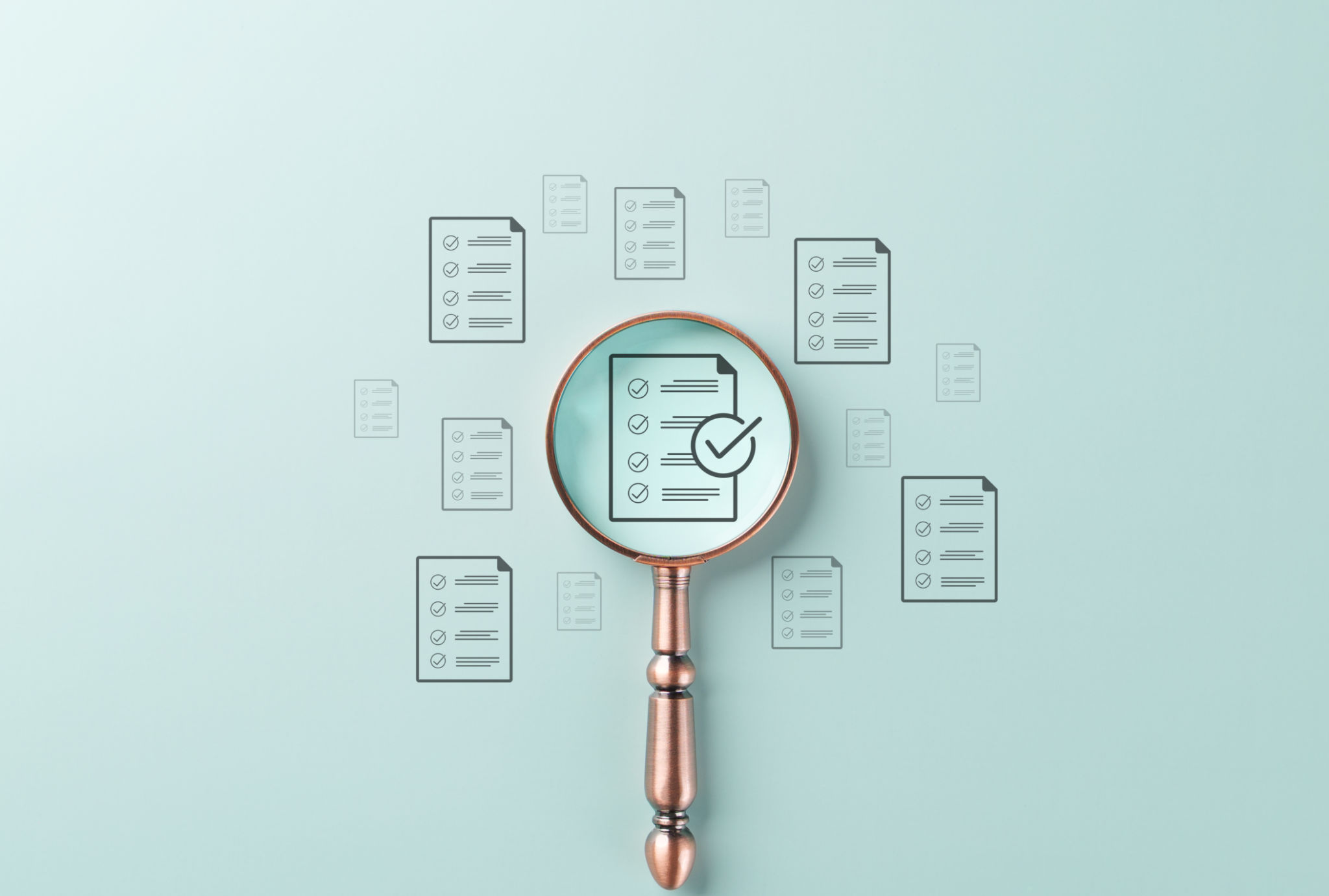AI Platform vs Traditional Automation: Which is Right for Your Business?
Understanding AI Platforms and Traditional Automation
As businesses navigate the digital transformation era, choosing between AI platforms and traditional automation solutions becomes crucial. Both approaches offer unique benefits, but their applications and implications vary significantly. Understanding these differences can help businesses make informed decisions that enhance efficiency and drive growth.

What is Traditional Automation?
Traditional automation involves using technology to perform repetitive and rule-based tasks. This approach relies heavily on predefined logic and structured data. Typical examples include robotic process automation (RPA) for back-office operations and manufacturing assembly lines. Traditional automation is best suited for tasks that require consistency and precision without much variation.
Exploring AI Platforms
AI platforms, on the other hand, leverage machine learning, natural language processing, and data analytics to perform complex tasks. These platforms can learn from data, adapt to new information, and make predictions. AI is particularly useful for tasks involving unstructured data, such as analyzing customer feedback or predicting market trends. Its ability to continuously improve makes it a powerful tool for innovation.
Key Differences Between AI Platforms and Traditional Automation
The primary difference lies in their capabilities. While traditional automation follows set rules, AI platforms can learn and evolve. For instance, AI can analyze customer interactions to provide personalized experiences, whereas traditional automation would execute predefined scripts.

Another distinction is in implementation complexity. Traditional automation often requires significant upfront configuration but can be easier to maintain once established. Conversely, AI platforms might need more investment in terms of data training and integration but offer long-term adaptability and scalability.
When to Use Traditional Automation
Traditional automation is ideal for tasks that are high-volume, routine, and require precision. Businesses in industries like manufacturing, finance, and logistics often benefit from this approach. It reduces human error and increases efficiency, especially in environments where processes are well-defined.
When to Opt for AI Platforms
If your business deals with large amounts of unstructured data or requires adaptive learning capabilities, AI platforms are the way forward. Industries such as healthcare, marketing, and customer service can leverage AI for insights that drive decision-making and personalize customer interactions.

Choosing the Right Solution for Your Business
The decision between AI platforms and traditional automation should align with your business goals, resources, and industry requirements. Consider factors like the nature of tasks, data availability, budget constraints, and long-term objectives.
Ultimately, many businesses find value in a hybrid approach, utilizing both AI and traditional automation where they best fit. By combining these technologies, companies can optimize operations while also exploring innovative solutions that drive future growth.